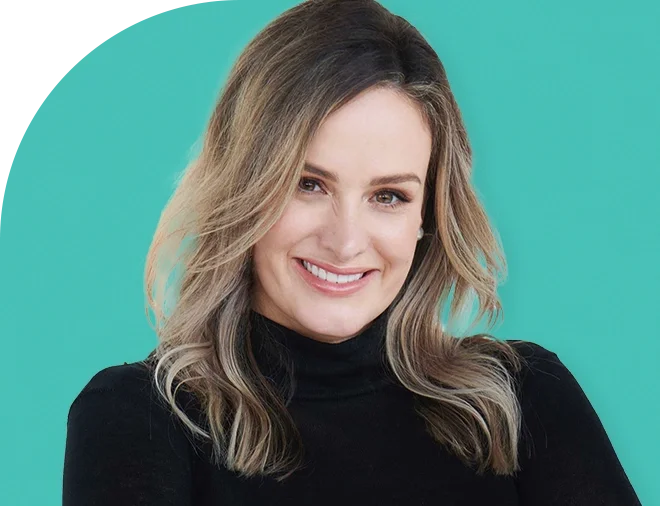What should I be eating? Key nutrients for women throughout the life stages
With so much information out there, it can feel overwhelming knowing what to eat.
Regardless of age, we recommend enjoying a range of foods from the core food groups – fruit, vegetables, dairy and alternatives, grains and cereal foods, and lean meats, fish, poultry, eggs, nuts and legumes as well as healthy fats. Eating a wide variety of foods is a great first step to ensuring we’re getting all the nutrients we need to thrive.
Check if you are buying enough from each of the core food groups to meet your needs with the healthylife Food Tracker.
If you’re eating a well-balanced diet, the next step is to focus on key nutrients that are relevant to our age group. As we move through different life stages, our body’s requirements for certain nutrients shift, and we may need more or less of particular foods. So, what should we be eating?
Young adulthood
During young adulthood, from ages 18-40 years, iron is a key nutrient to consider. Iron plays a role in energy production, as it carries oxygen around the body through our blood.
For young women, iron deficiency is common, as we lose iron each month through our period (blood loss). Pregnancy and breastfeeding can also increase our iron needs.
Iron deficiency may cause us to feel tired and breathless, and lead to more serious effects such as behavioural issues, repeat infections and decreased growth and development.
To meet your needs, choose a variety of iron foods.
Animal sources, haem iron (most easily absorbed):
- Lean meat
- Poultry
- Fish
Plant sources, non-haem iron (less easily absorbed):
- Wholegrain cereals
- Lentils, chickpeas and beans
- Nuts and seeds
- Dark leafy green vegetables.
Middle adulthood
Middle adulthood, from ages 40-65 years, is a time of many hormonal shifts as we move through perimenopause and menopause with the end of menstruation.
During this life stage, our nutrient needs shift from iron to calcium and vitamin D. As our sex hormone estrogen declines, our risk of developing of osteoporosis – a condition defined by brittle, weak bones – increases.
A great way to support bone health in older age is by consuming enough calcium and vitamin D each day. Vitamin D works to bring calcium into the bone and calcium helps to form the bone structure.
Calcium:
- Dairy (milk, yoghurt, low-fat cheese)
- Bony fish (sardines, tinned tuna or salmon)
- Fortified plant milk
- Dark leafy greens
Vitamin D:
- Sunlight
- Sun-bathed mushrooms
- Fortified juices
Late adulthood
As we age, it's important we eat proactively to look after our heart and bowel health. Aim to eat regular whole foods that are low in salt, and high in fibre. This will help us maintain a healthy weight, reduce our risk of heart and kidney disease, and promote good bowel health.
Fibre-rich foods to eat:
- Unpeeled fruits and vegetables
- Wholegrain cereals
- Nuts and seeds
- Beans and lentils
Limited salty foods:
- Limit processed meats such as salami or prosciutto
- Limit processed discretionary food high in salt such as chips
- Buy no-added-salt tinned food, sauces and stocks
related reads
Nutrition Australia is Australia’s leading nutrition non-profit organisation, providing information, education and business-to-business (B2B) consultation and advisory services to help Australians achieve optimal health through good nutrition.
Reviewed by the healthylife Advisory Board August 2022

